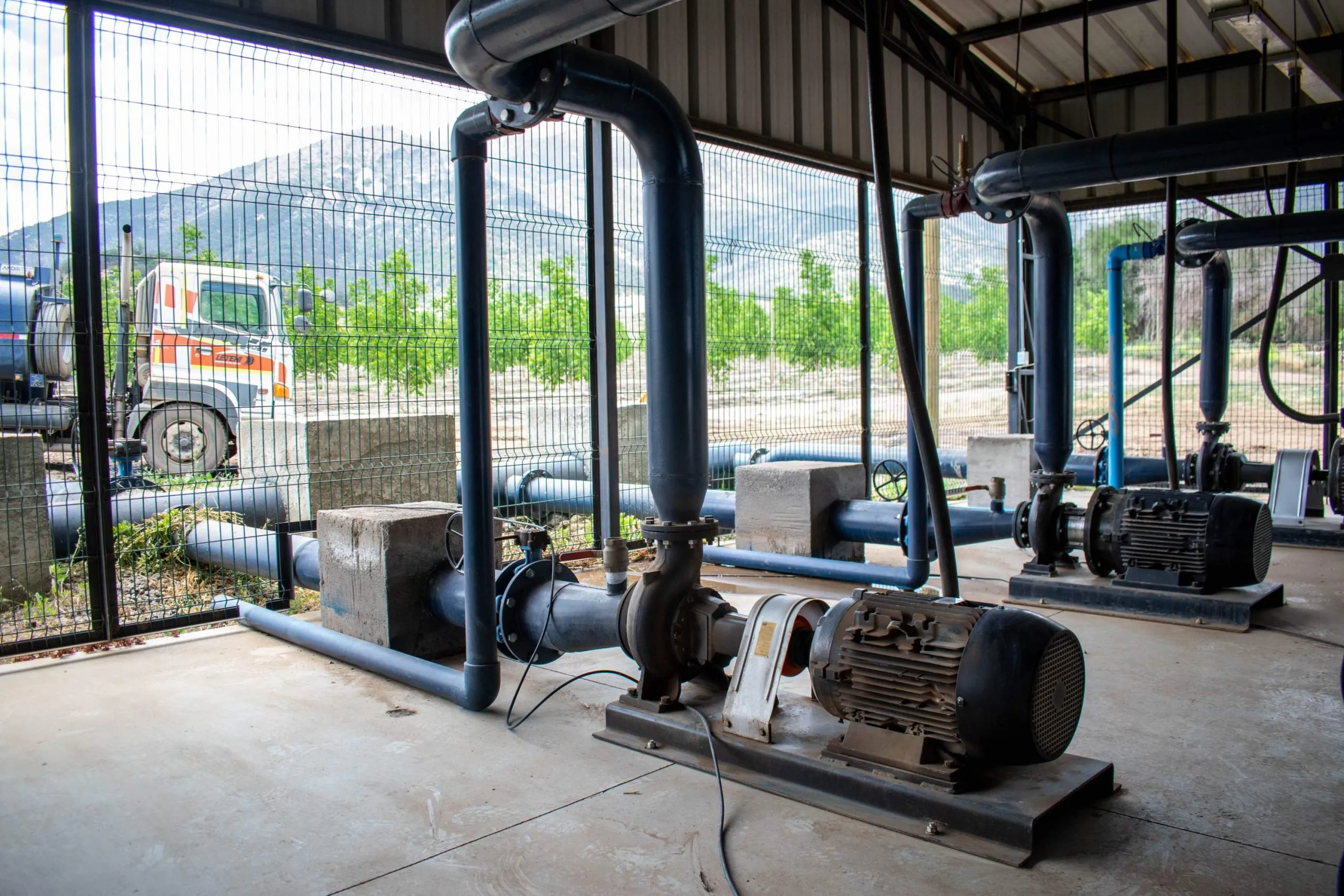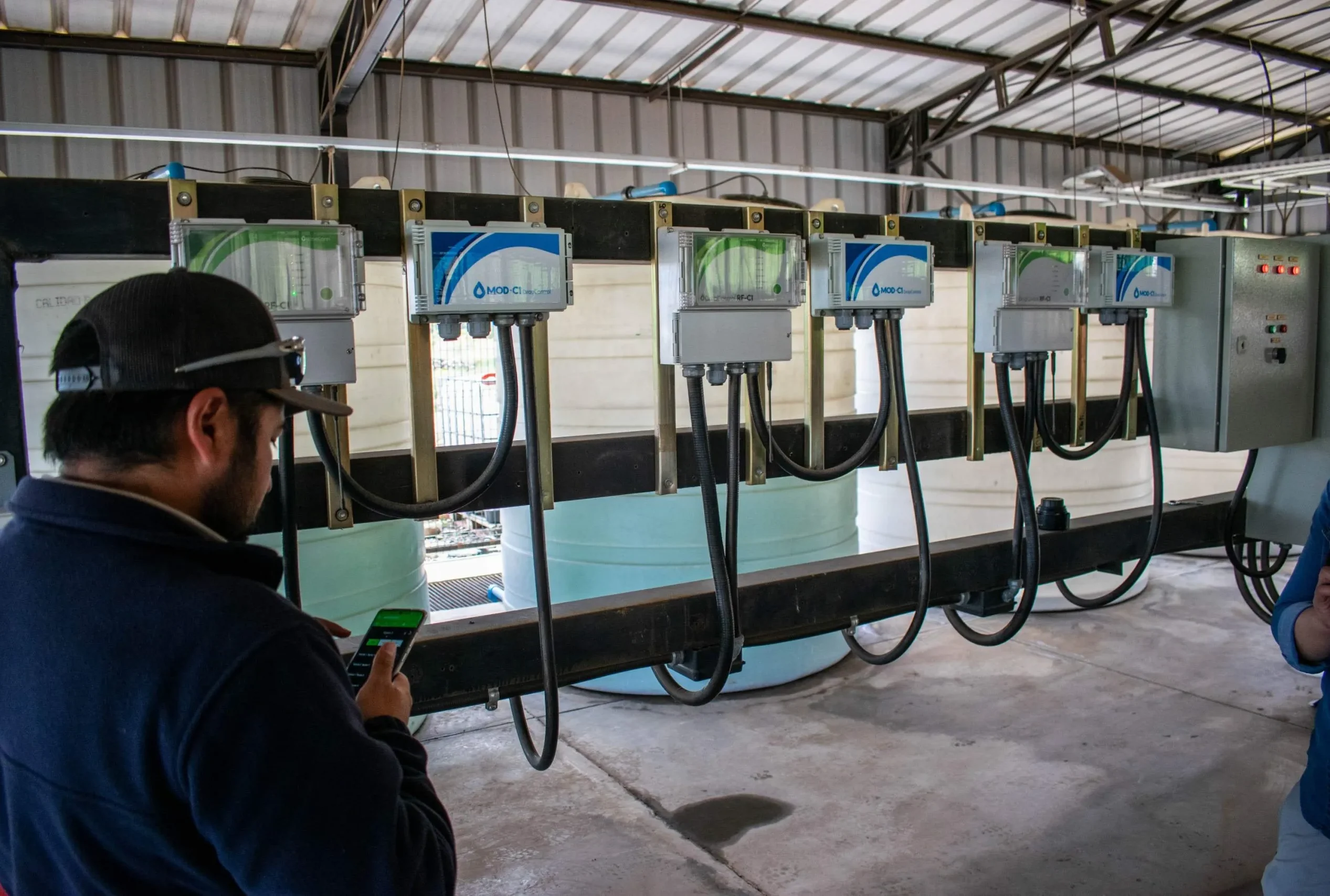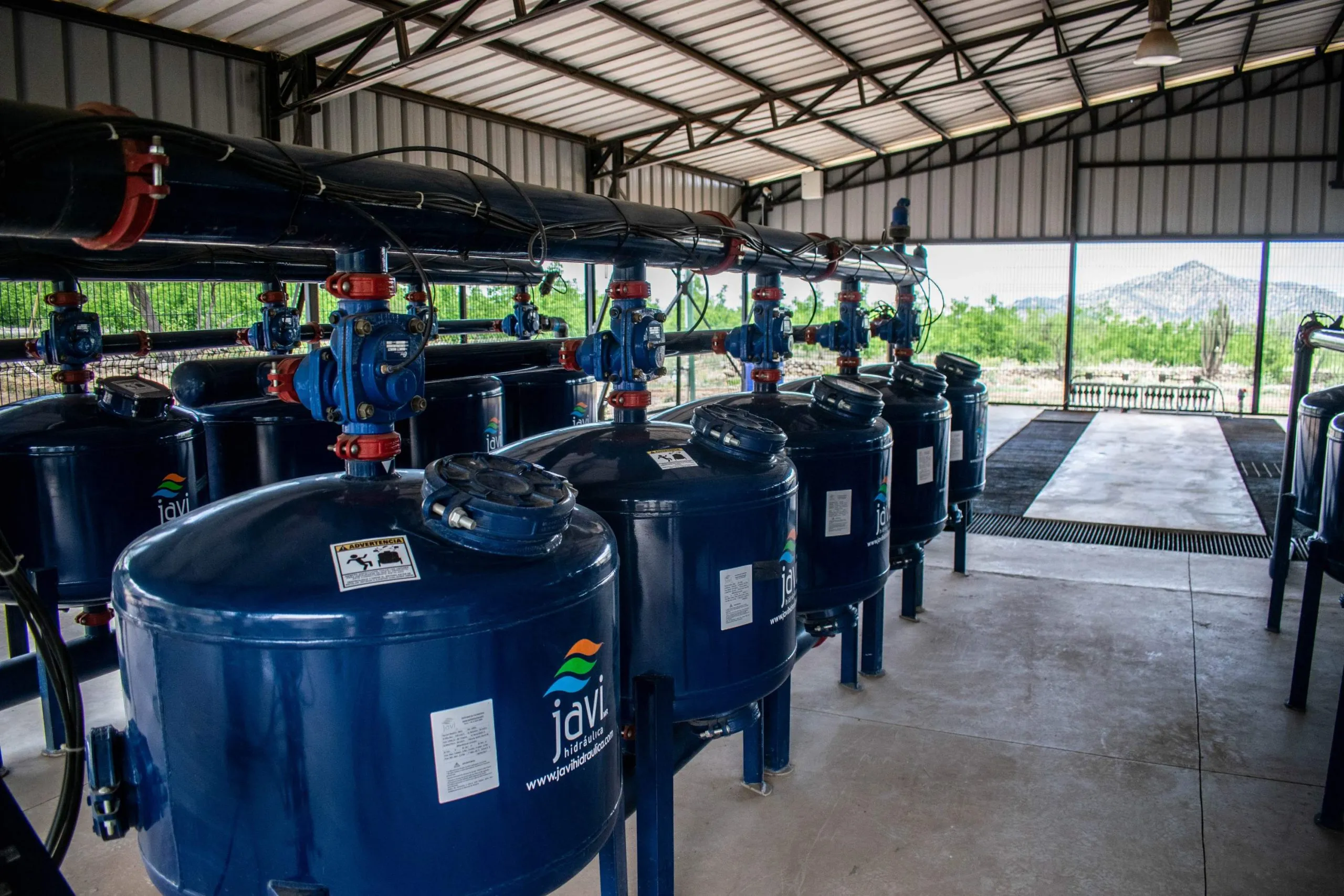
Irrigation control software powered by digital twins
Water scarcity, rising input costs, and persistent labor shortages are reshaping modern agriculture. Large-scale operations and distributors need advanced tools that can maximize efficiency while supporting long-term sustainability. This is where irrigation control software powered by digital twins becomes a game-changer.
By creating a virtual replica of the farm environment, growers can simulate different irrigation scenarios, monitor water demand in real time, and execute decisions with unprecedented precision. Integrated with cloud-based irrigation systems, sensors, and smart irrigation apps, these solutions deliver predictive intelligence and automation that transform irrigation into a proactive rather than reactive process.
What digital twins mean for irrigation
In agriculture, a digital twin is more than just a model; it is a real-time digital counterpart of physical systems such as pumps, soil moisture sensors, and irrigation networks. Connected through IoT-enabled devices, it collects data from the field and processes it into actionable insights.
Through irrigation management software, growers can visualize soil moisture trends, crop evapotranspiration, and even weather forecasts. The platform allows users to test multiple scenarios, such as adjusting irrigation intervals or modifying fertigation doses, before applying them in the field.
With remote irrigation control, the digital twin is not just analytical but also operational. Pumps, valves, and fertigation units can be activated or shut down remotely, reducing the need for on-site supervision. Combined with smart irrigation apps, farmers can manage these systems directly from mobile devices or web dashboards, ensuring 24/7 oversight and control.
This ability to merge real-time monitoring with predictive simulations represents a new paradigm in precision agriculture. Farms are no longer limited to responding to environmental stress—they can now anticipate and prevent it.

Benefits for distributors and large-scale operations
Distributors in the Ag-tech sector are uniquely positioned to deliver value by offering scalable solutions like irrigation scheduling software. For their customers, adopting digital-twin-powered systems provides both immediate and long-term benefits:
- Water and energy efficiency: Digital models integrate with cloud-based irrigation systems to prevent over-irrigation, lower pumping costs, and maintain soil balance.
- Labor resilience: With automation, tasks that once required multiple field workers can now be executed through irrigation management software, minimizing dependency on seasonal labor.
- Fertilizer optimization: Automated fertigation cycles reduce nutrient waste, protect groundwater, and improve crop consistency.
- Predictive maintenance: By monitoring performance through digital twins, farms can anticipate equipment issues and avoid costly downtime.
- Scalability and flexibility: Whether managing a single vineyard or thousands of hectares of row crops, irrigation control software adapts to varying farm sizes and needs.

For distributors, these capabilities mean stronger customer relationships, recurring service models, and differentiation in a competitive Ag-tech market.
Examples of predictive irrigation scenarios
Digital twins are not theoretical—they are already reshaping global agriculture. Consider the following examples:
- Smart vineyards: A vineyard integrates irrigation scheduling software with satellite imagery and weather forecasts. The smart irrigation app triggers night-time irrigation during predicted heatwaves, reducing evaporation losses and preserving grape quality.
- Automated citrus fertigation: An orchard deploys remote irrigation control linked to soil nutrient sensors. The system adjusts fertigation in real time, minimizing fertilizer waste and improving fruit uniformity.
- Row crop water allocation: A large corn operation uses irrigation management software to simulate drought scenarios. The digital twin balances expected yields against water availability, securing profitability under resource constraints.
These scenarios highlight how predictive capabilities not only reduce risk but also optimize long-term performance.
Conclusion
The future of farming is defined by automation, resilience, and sustainability. By combining irrigation control software, cloud-based irrigation systems, and smart irrigation apps with the power of digital twins, agriculture can achieve new levels of efficiency and reliability.
👉 Work with us to offer next-generation irrigation management tools.
Discover our solution or contact us today.



